The responsibility of “incubation” does not stop at imparting knowledge, but also extends to the mission of nurturing the creativity, critical thinking and adaptability of the new generation of citizens.
Raise responsibility
Mr. Van Quynh - Chief of Office of Luong The Vinh Secondary and High School (Yen Hoa campus, Hanoi) said that transforming in the digital age is a responsibility that all units must shoulder for the country to develop strongly, and education is no exception. With the mission of "nurturing the seeds of knowledge" of the country, Luong The Vinh School understands its responsibility and requires all staff and teachers to always equip themselves with knowledge and skills to be ready for innovations in management and teaching.
Over the years, Luong The Vinh School has identified “digital transformation” as the guiding principle in all activities, aiming at practical benefits for teachers, students, parents and the management team. Thanks to that, students not only have access to computer-based exams, but also practice self-study, the ability to look up and master the huge knowledge base on cyberspace.
The school's teaching staff are regularly trained and exposed to modern and diverse teaching methods. They are encouraged to apply advanced teaching and learning methods, making the most of facilities such as labs, libraries, smart interactive boards, etc. to bring about lively and effective lessons.
“Parents will receive information about their children through the school’s own support platforms, ensuring the most continuous support with the school. Management staff will apply digital transformation and smart information storage to support students, parents and teachers,” said Mr. Quynh.
At Gia Sang 915 Primary & Secondary School (Gia Sang, Thai Nguyen ), the story of teaching innovation in the digital age is clearly realized. Principal Bui Thi Thanh Hoan shared that after the Covid-19 pandemic, the school introduced the OLM platform into teaching, helping students get used to exploiting digital learning materials and be more proactive in learning.
Not only that, all lesson plans, management and assessment work are done on software, creating a "creative space" for teachers to focus on innovative methods. Thanks to that, each lesson becomes lively, connected to the digital space. With nearly 700 students in the 2025-2026 school year, the school aims to turn digital transformation into the "key" to encourage students to explore and create, while improving teachers' digital capacity.
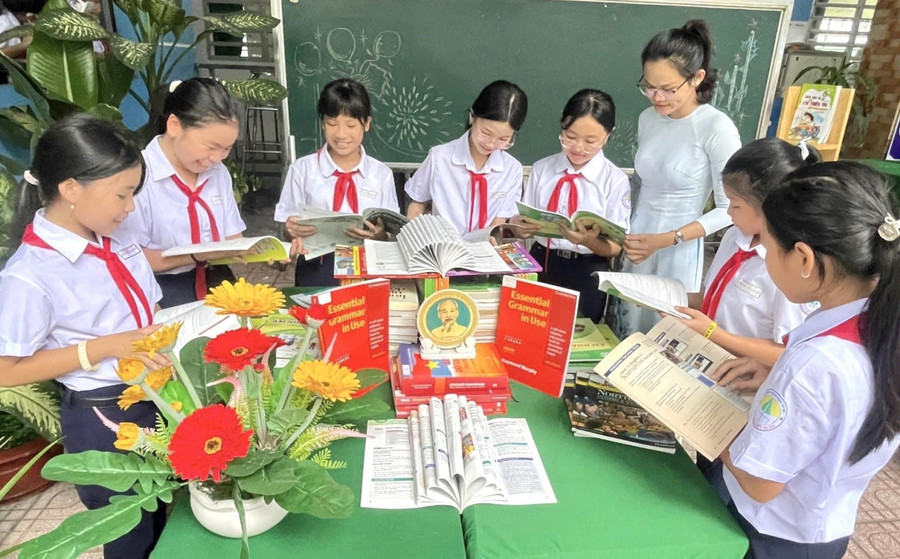
Local accompaniment
Mr. Nguyen Manh Hung - Vice Chairman of Tay Mo Ward People's Committee (Hanoi) shared that since operating the two-level local government model, the ward leaders have always paid attention to education work and directed the Department of Culture - Society to review the staff and facilities of schools in the area to improve the quality of teaching and learning, meeting the requirements of the digital age.
“We have consulted with the ward Party Committee leaders and recommended the Hanoi Department of Education and Training to organize training and professional development for teachers on the application of information technology, new teaching methods and critical thinking skills. This helps teachers update their knowledge, master technology to become effective leaders and support students,” Mr. Hung informed.
As a new unit operating in the second school year, Ms. Vu Thi Thin - Principal of Tay Mo 3 Secondary School (Tay Mo, Hanoi) informed that the Hanoi Department of Education and Training and the Department of Culture and Society of Tay Mo ward always focus on promoting the intelligence and capacity of teachers and students through issuing policies and professional instructions, developing the teaching staff, providing resources and infrastructure.
Organize seminars and in-depth training on new teaching methods such as project-based learning, STEM education and integrating technology into teaching. This helps schools and teachers have a clear direction for effective application in practice. At the same time, focus on monitoring and ensuring that the quality of education is maintained and improved in each school.
On September 9, the Hanoi Department of Education and Training opened a training course in English and teaching methods for teachers of Mathematics, Science, Physics, Chemistry and Information Technology (ICT) under the Cambridge dual-degree program. The course brings together 100 excellent teachers with solid English skills, carefully selected from more than 128,000 high school teachers in the capital. This is an important step towards standardizing the team, moving towards teaching according to international standards.
“The school organizes teaching and learning activities in a student-centered manner; encourages project-based learning, STEM education, group discussions, and role-playing to help students actively explore, discover, and solve problems. We arrange functional classrooms, libraries, laboratories, and outdoor learning areas for students to practice, experience, and develop their creativity,” Ms. Vu Thi Thin shared.
From the management practice, Ms. Nguyen Thi Ly - Principal of Nguyen Du Secondary School (Dai Mo, Hanoi) emphasized that improving professional capacity and renewing teachers' thinking is implemented through regular training sessions and professional activities. In which, the principal and professional group leaders play the role of "conductor", building training plans, especially focusing on modern teaching methods and applying information technology.
“Professional meetings following the lesson study model are an opportunity for teachers to find the most effective teaching methods together. The Board of Directors always creates an open atmosphere, encouraging teachers to share difficulties, experiences and creative ideas. Thanks to that, each teacher is no longer alone in the journey of innovation, but always has the companionship and support of colleagues,” Ms. Ly shared.
Tay Mo Ward (Hanoi) encourages schools to establish learning communities among teachers, creating conditions for them to exchange experiences, share good teaching methods, and jointly solve difficulties in the innovation process. Develop criteria for evaluating teachers based on the effectiveness of innovative methods and promoting students' abilities.
Source: https://giaoducthoidai.vn/giao-duc-viet-nam-truoc-su-menh-moi-tu-trach-nhiem-den-sang-tao-post750039.html



![[Photo] General Secretary To Lam receives US Ambassador to Vietnam Marc Knapper](https://vphoto.vietnam.vn/thumb/1200x675/vietnam/resource/IMAGE/2025/9/29/c8fd0761aa184da7814aee57d87c49b3)

![[Photo] National Assembly Chairman Tran Thanh Man chairs the 8th Conference of full-time National Assembly deputies](https://vphoto.vietnam.vn/thumb/1200x675/vietnam/resource/IMAGE/2025/9/29/2c21459bc38d44ffaacd679ab9a0477c)
![[Photo] Many streets in Hanoi were flooded due to the effects of storm Bualoi](https://vphoto.vietnam.vn/thumb/1200x675/vietnam/resource/IMAGE/2025/9/29/18b658aa0fa2495c927ade4bbe0096df)
![[Photo] General Secretary To Lam attends the ceremony to celebrate the 80th anniversary of the post and telecommunications sector and the 66th anniversary of the science and technology sector.](https://vphoto.vietnam.vn/thumb/1200x675/vietnam/resource/IMAGE/2025/9/29/8e86b39b8fe44121a2b14a031f4cef46)
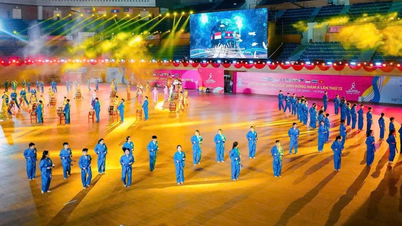


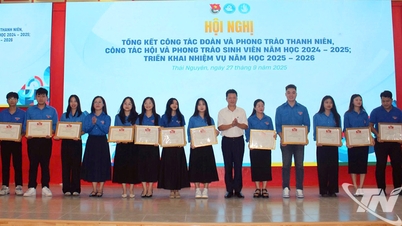

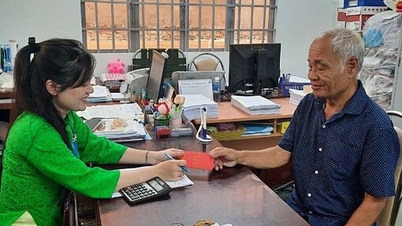

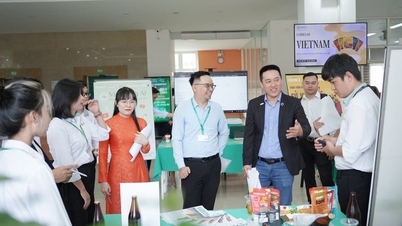

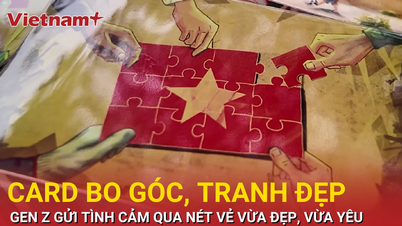


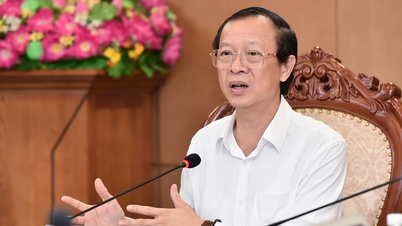

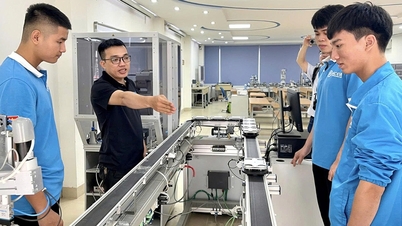
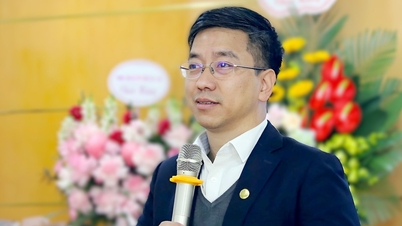

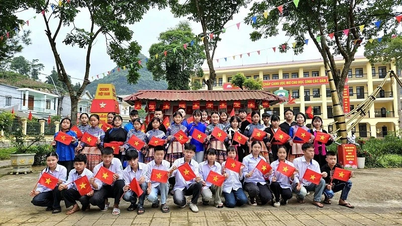







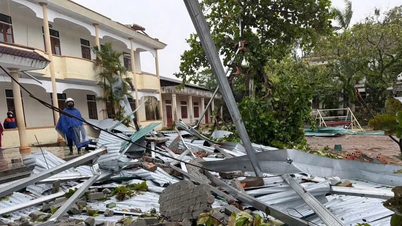

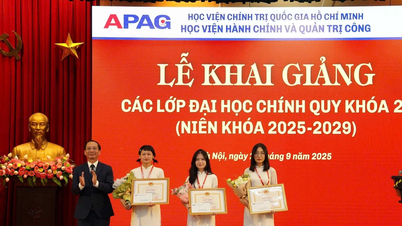
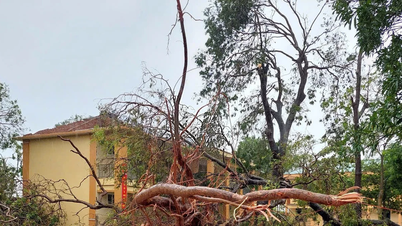


































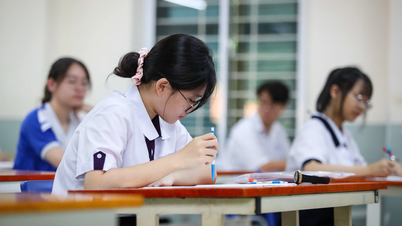
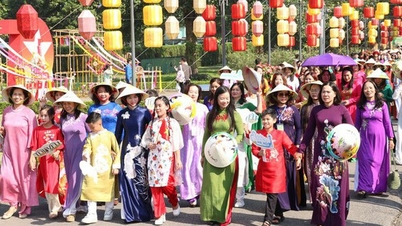

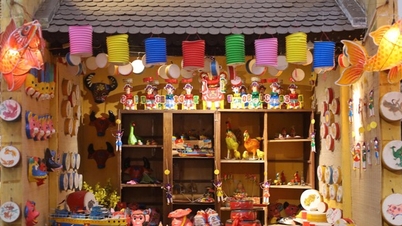






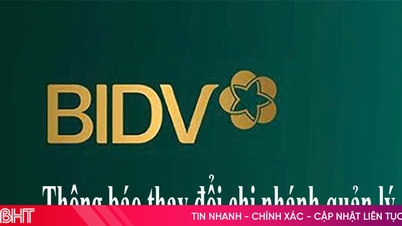

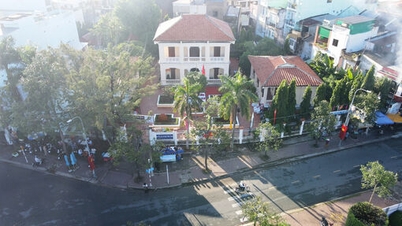















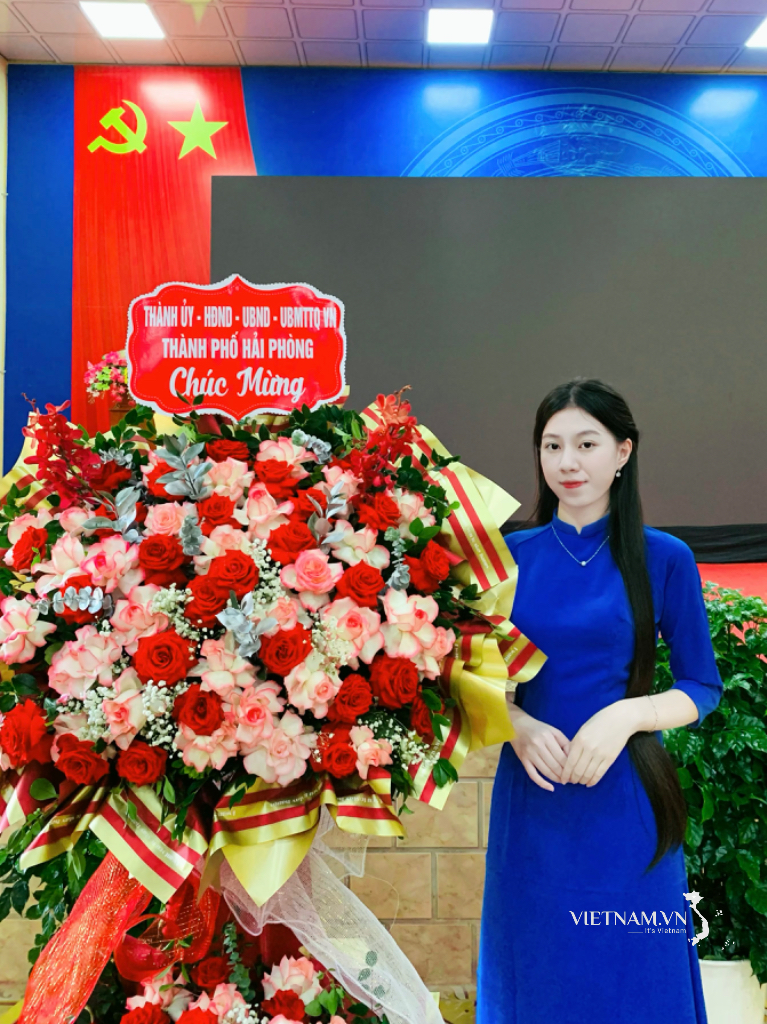
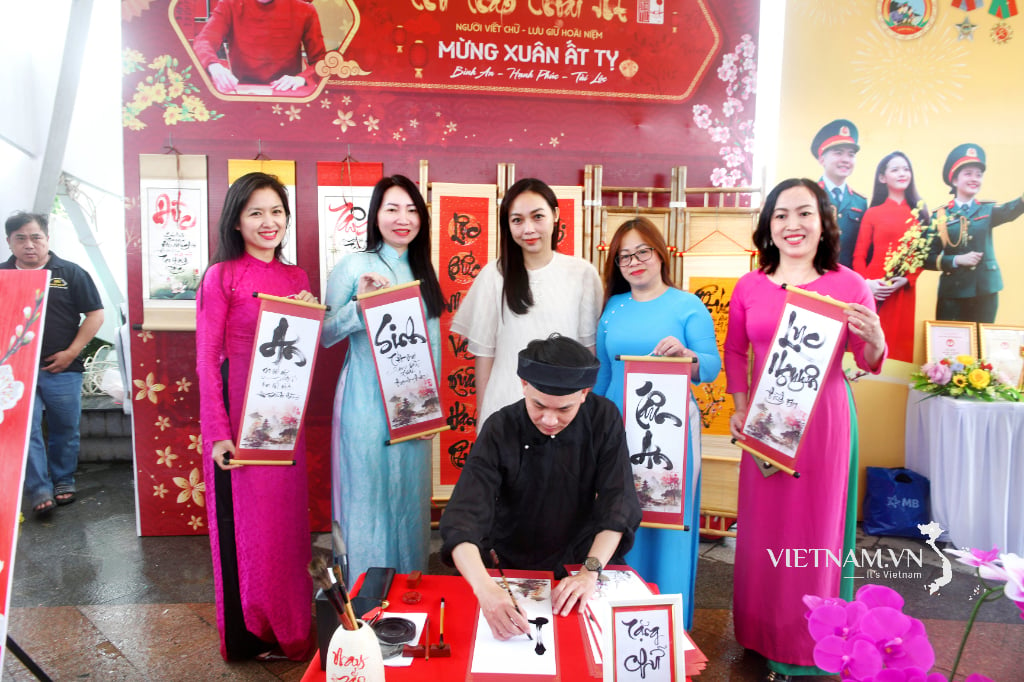

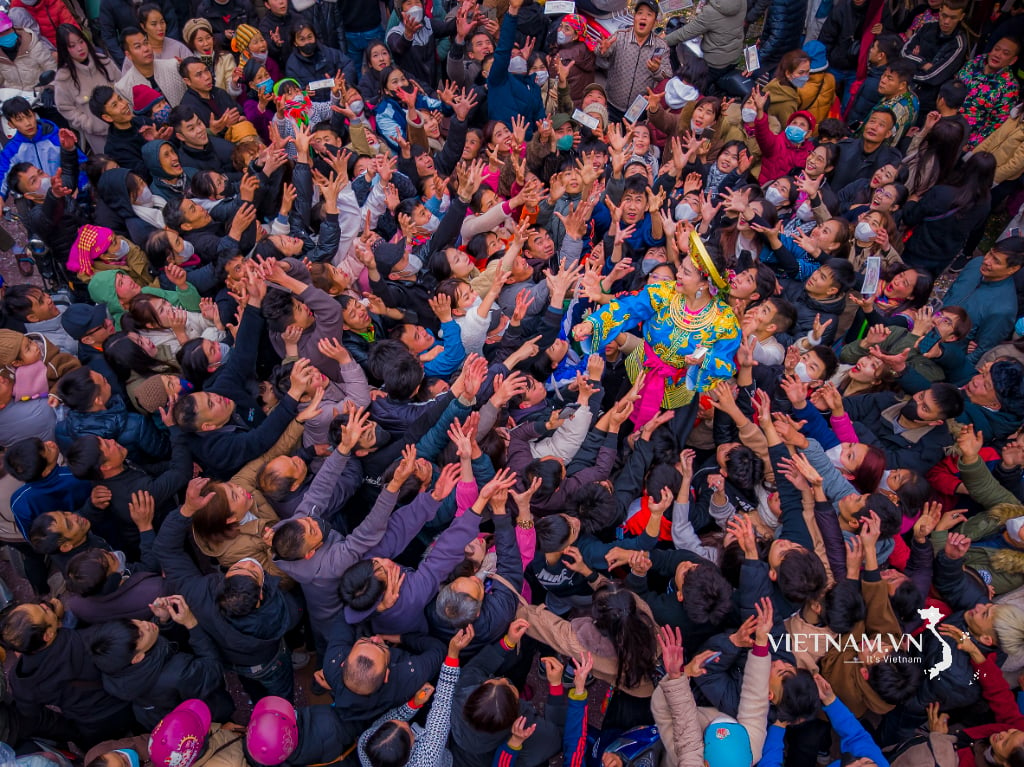
Comment (0)